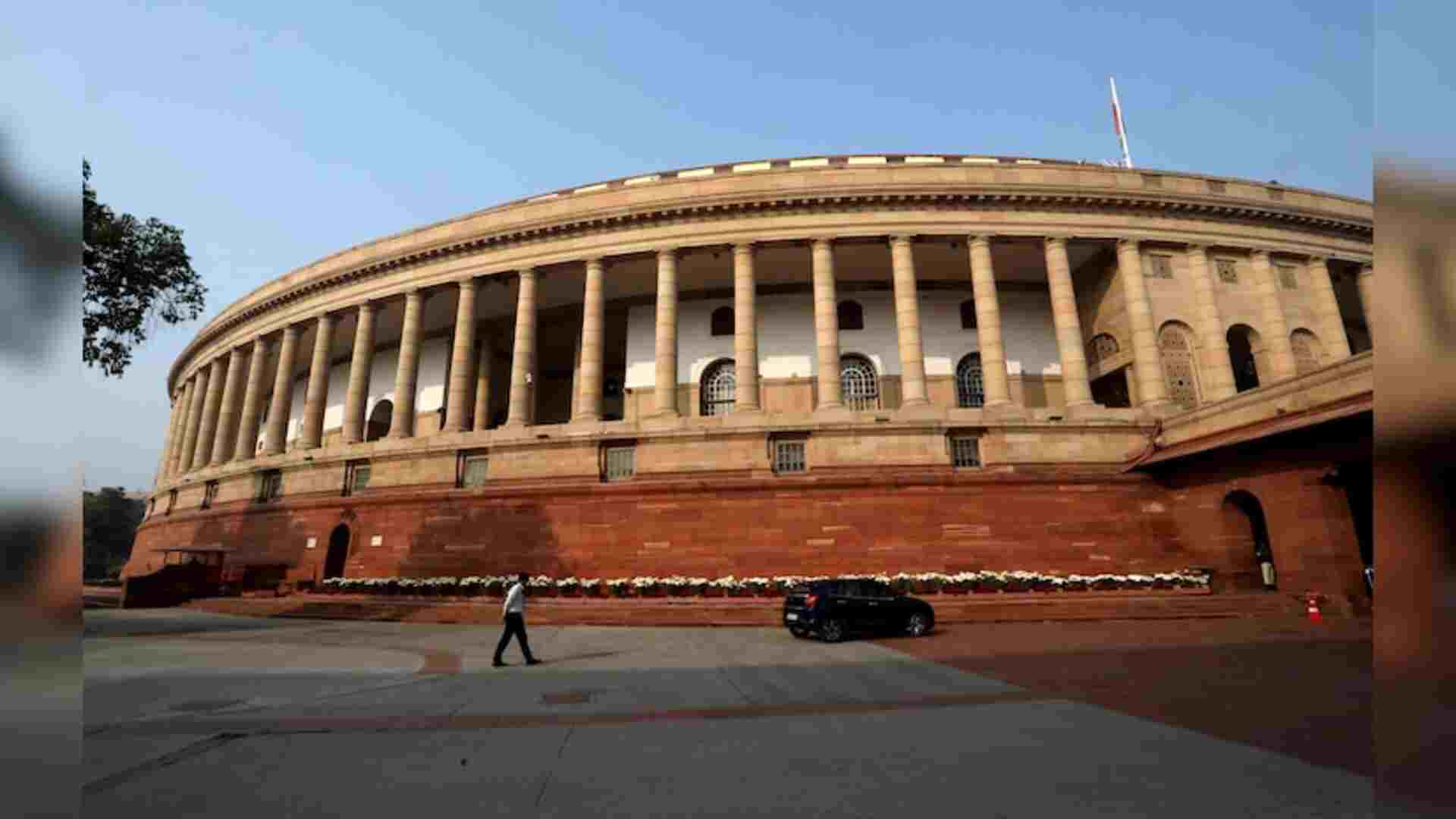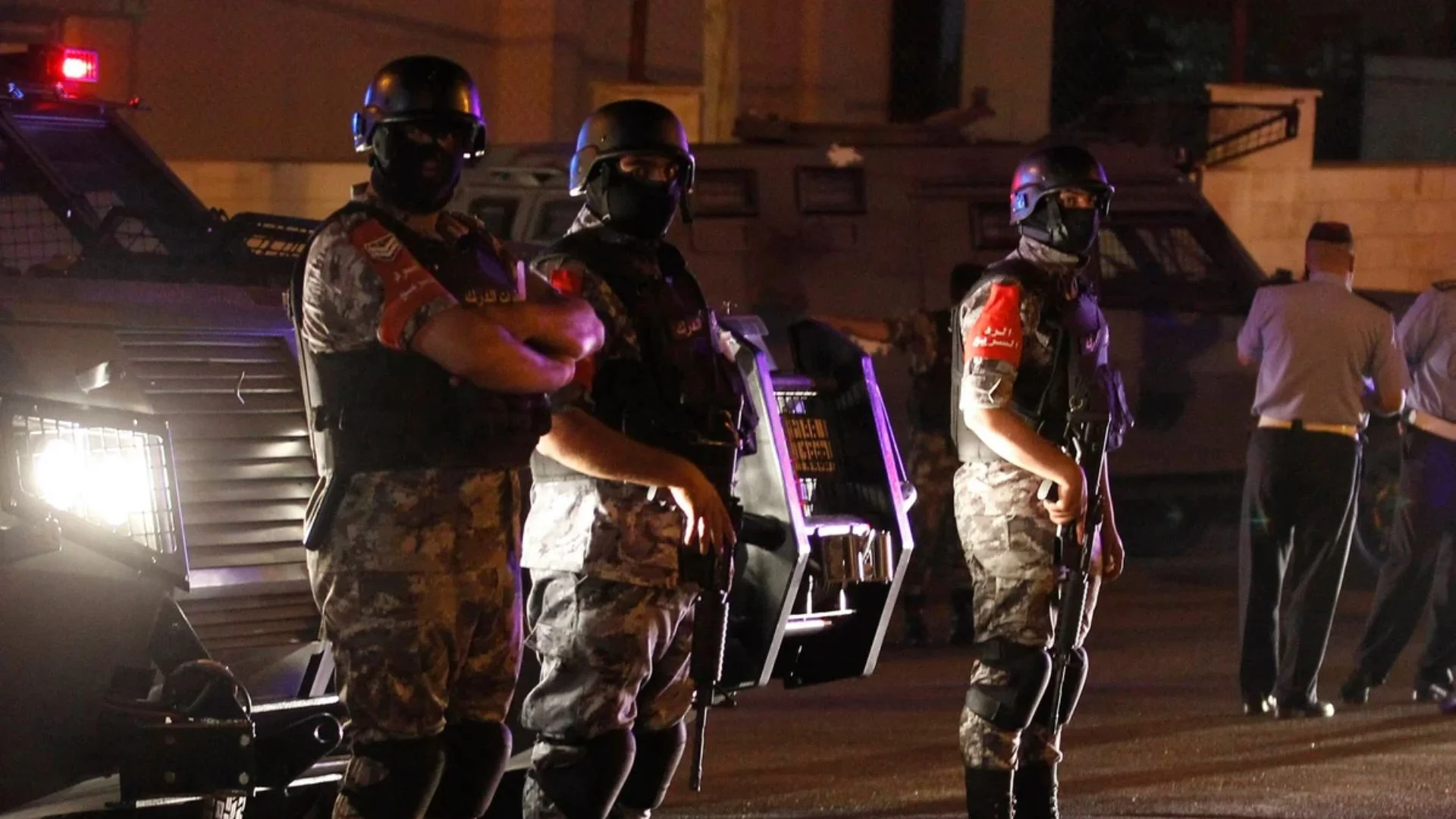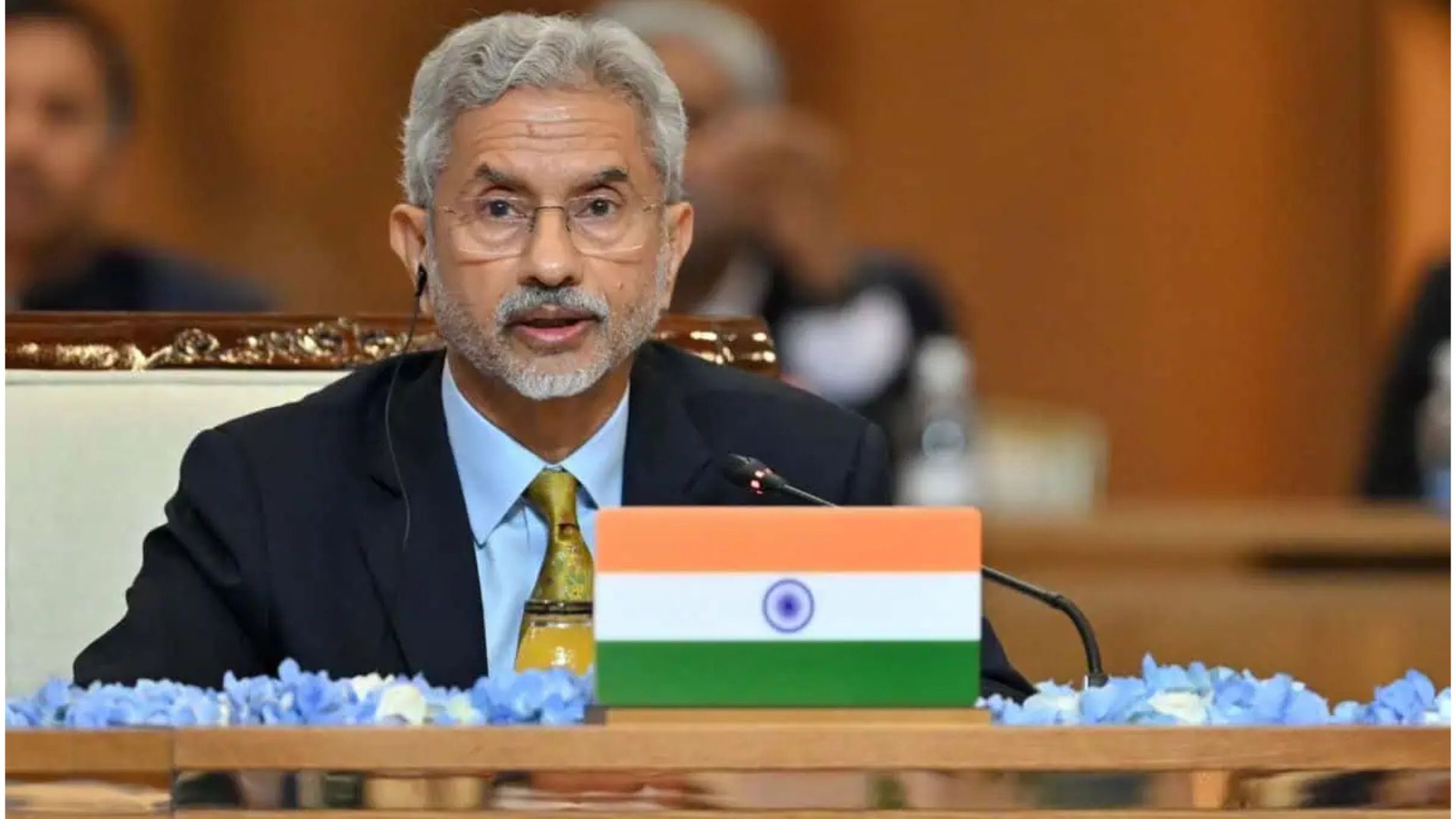
Over 39.18 lakh voters are set to cast their ballots in the final phase of the Jammu and Kashmir Assembly elections on October 1 across 40 constituencies in seven districts, according to Chief Electoral Officer (CEO) Pandurang K. Pole. This phase covers 16 constituencies in Kashmir Division — including Karnah, Kupwara, Sopore, and Baramulla — and 24 constituencies in Jammu Division, spanning regions such as Udhampur, Kathua, Samba, and Jammu. A total of 5,060 polling stations have been set up across districts like Kupwara, Baramulla, Bandipora, Udhampur, Samba, Kathua, and Jammu.
Out of the 39.18 lakh eligible voters, 20.09 lakh are male, 19.40 lakh are female, and 57 identified as third gender. The youth electorate, aged 18-19 years, comprises 1.94 lakh voters, while 35,860 persons with disabilities (PwDs) and 32,953 elderly voters (above 85 years) are also eligible to vote. Polling will begin at 7:00 am and continue until 6:00 pm, with voting extended beyond 6:00 pm if there are still voters in line. A mock poll will be conducted before voting begins, in the presence of polling agents.
All polling stations will be equipped with Assured Minimum Facilities (AMFs), including drinking water, electricity, toilets, ramps, and wheelchairs for those in need. Special provisions will be made for senior citizens and specially-abled voters, who will be given priority in queues. A total of 50 women-managed “Pink Polling Stations”, 43 stations managed by specially-abled persons, and 45 “Green Polling Stations” promoting environmental awareness will be operational. There are 33 unique polling stations, including 29 near the LoC/IB for border residents.
Voters can use a range of identification documents, such as Aadhaar cards, PAN cards, passports, and other official IDs. Voter Information Slips, distributed by Booth Level Officers (BLOs), will help voters locate their polling stations, although these slips cannot be used as proof of identity. The Systematic Voters’ Education and Electoral Participation (SVEEP) programme has been actively promoting voter awareness through print, electronic media, and social platforms. Initiatives like street plays, radio jingles, and sporting events have been part of the campaign, aimed at increasing voter turnout. Special provisions for home voting were made for PwDs and elderly voters who applied for the service.
More than 1,600 journalists have been accredited to cover the polling process, with guidelines in place to ensure the secrecy of votes. CCTV cameras and live webcasting will be used at all polling stations, with control rooms set up at district and CEO offices for real-time monitoring.
As per the Model Code of Conduct, campaigning for the 40 constituencies ended at 6:00 pm on September 29, marking the start of the 48-hour silence period. Liquor sales have also been banned during this time to maintain public order. All election duty vehicles will be equipped with GPS tracking to ensure security. Since the election announcement, authorities have seized over Rs 128 crore worth of illegal cash, liquor, drugs, and other contraband, in an effort to ensure a free, fair, and transparent election. Special polling stations have been established for Kashmiri migrant voters, with 24 such stations set up in Jammu, Delhi, and Udhampur. The Election Commission of India is committed to providing a seamless voting experience, ensuring that every eligible voter can exercise their democratic right in this crucial phase of the Jammu and Kashmir Assembly elections.















